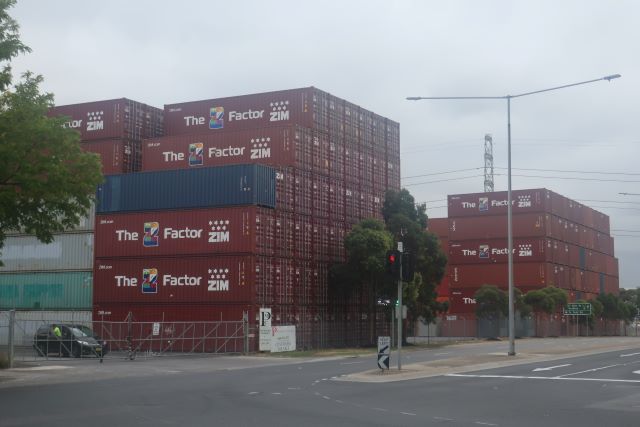
Stack of empty containers
The stacked containers on Prohasky St invite inquiry.

The containers stacked on the boundary were marked ‘The Z Factor’. Most containers just bear a company name such as Maersk, Wallenius Wilhelmsen or Evergreen.
ZIM is a global shipping company established in Israel in 1945. The first ships in their fleet carried immigrants from war-torn Europe to the future State of Israel. The ZIM company flag is based on a design by Theodor Herzl which featured seven golden stars on a white background which he hoped would become the future flag of Israel. The stars make the ships, and their containers, instantly recognisable at sea and on land.1
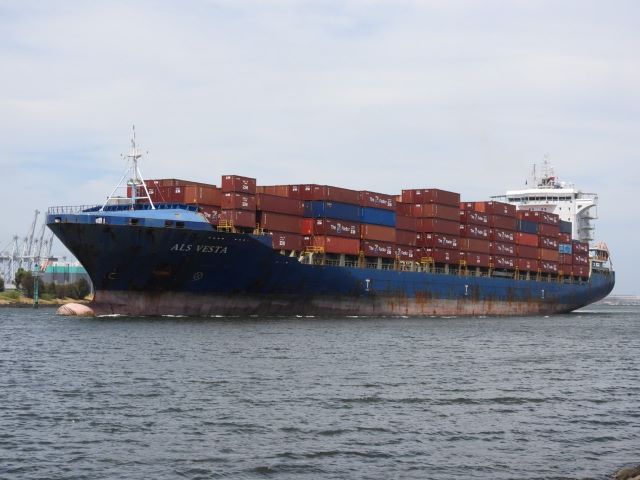
ZIM entered the Australian market in 2020. The company offers competitive services to China, Vietnam, Thailand and New Zealand. The Z factor refers to its point of difference. It is asset light, highly focused on customer service and making best use of digital tools available.
Empty container parks
Port Melbourne Containers (PMC) is one of a network of empty container parks. They’re an important part of the Port supply chain. The containers are owned by shipping lines. The containers are on high rotation, moving into and out of the yard. Being close to the Port is an obvious advantage, as is access to the freeway network. It means less time on the road driving empty containers around. Optimising the use of empty container parks so they are full, but not over full, involves many players and much coordination. Port Melbourne Containers (PMC) has a capacity of about 5,500 TEU2. The company also sells and refurbishes containers for sale.
The empty container park is a street width and a world away from P.M., the recently completed development on the opposite corner. Uneasy neighbours. PMC operates strictly from 7 am to 6 p m and a booking system prevents trucks backing up on Prohasky St and Williamstown Rd.
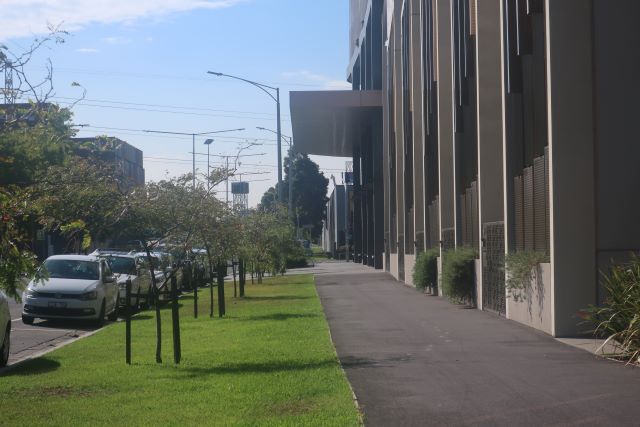
In the Fishermans Bend Framework (2018) the land occupied by PMC and its neighbour Tricab is nominated as public open space.
Demand for consumer goods rose sharply during the pandemic. Shipping was in short supply and high demand. Ships were being chartered at exorbitant rates. Huge profits were made by shipping lines. Now the economy is slowing and the outlook is uncertain. The war in Ukraine, and escalating tension between the US and China in the Pacific, are challenging optimistic predictions about the future of globalisation. There is over capacity in shipping and freight rates are falling. Commentators are referring to ‘slobalisation.’ It is anticipated that while world trade will continue, it will be at a lower level.
This is reflected in the Port of Melbourne’s trade figures for February 2023. Full overseas imports were down 28.9% on February 2022 with miscellaneous manufactures, furniture, metal manufactures, domestic appliances, textiles, and paperboard, all below last year’s levels. Total empty container movements were 21.1% below February 20223.
Meanwhile, Christiaan de Beukelaar, author of Trade Winds, has been in Majuro, capital of the Republic of Marshall Islands.
The Marshall Islands hosts one of the world’s largest ship registries. International law requires that every merchant ship be registered in a country. The country in which a ship is registered is its flag state. A recent report by the International Chamber of Shipping4 finds that the Marshall Islands performs well across a range of indicators including compliance with a range of international obligations. This gives the small nation a powerful voice at the International Maritime Organisation. The existential threat the country faces from climate change give it moral stature.
De Beukelaer says “It’s hard to be seablind in the Marshall islands. Either you see the ocean, the lagoon or at least one container.” The shipping news features prominently in the local paper. A Marshallese NGO Waan Aelõñ is keeping the maritime heritage of outrigger canoes alive by building such vessels for use across the Marshall Islands. Keeping culture alive and reducing dependence on expensive and polluting fuel. The high tide line is visible not far from the main street of the flat island nation.
At the COP27 climate talks in Egypt in November last year, the Marshall Islands called for a carbon levy in the International Maritime Organisation, rising from $100 per ton, that would actually give companies a reason to decarbonise – and provide a crucial source of revenue for developing nations. This call will get more insistent in the lead up to IMO meetings later this year.
Following this week’s release of the IPCC synthesis report, Secretary General of the UN, Antonio Guterres said, “We have never been better equipped to solve the climate challenge, but our world needs climate action on all fronts – now. Everything. Everywhere. All at once.”
1 ZIM Once upon a time – the story of ZIM
2 Victorian Department of Transport Outcome of the container storage working group September 2022
3 Port of Melbourne Trade Update February 23
4 International Chamber of Shipping Industry Flag State Performance Table 2022/2023
For further exploration
Port Melbourne Containers, 37 Prohasky St, Port Melbourne
AR6 Synthesis Report Headline statements
Follow Christiaan De Beukelaer’s research on instagram @sailcargoresearach
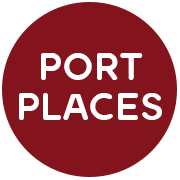
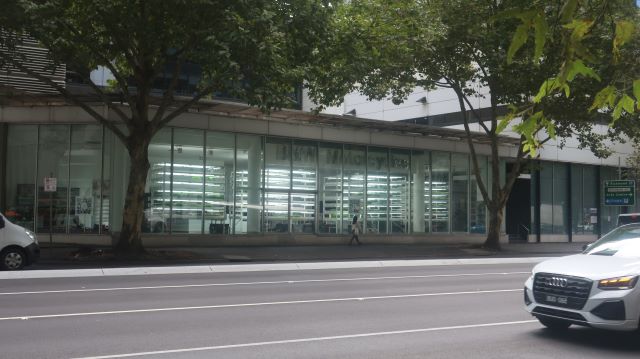
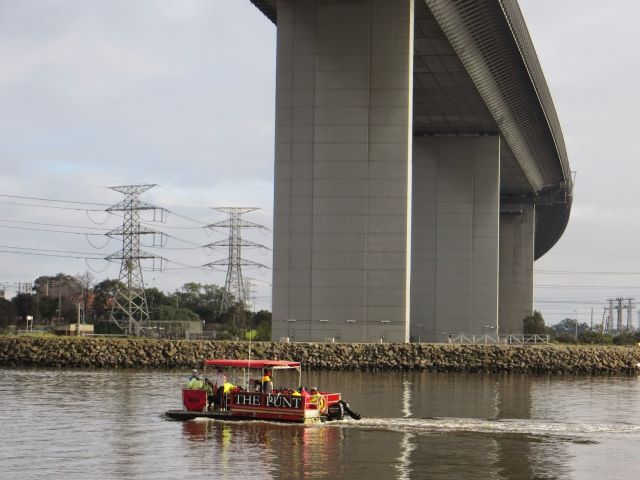
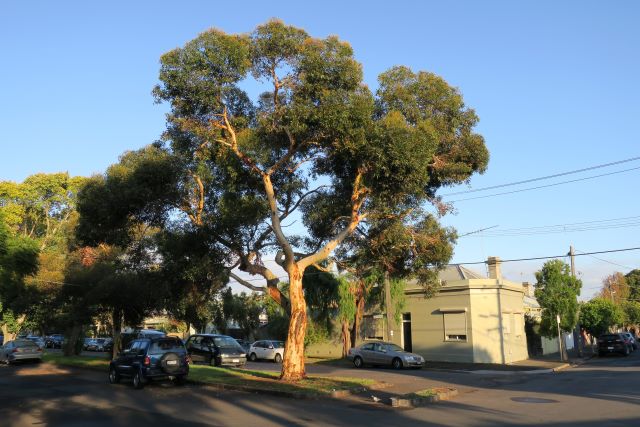
Leave a Reply